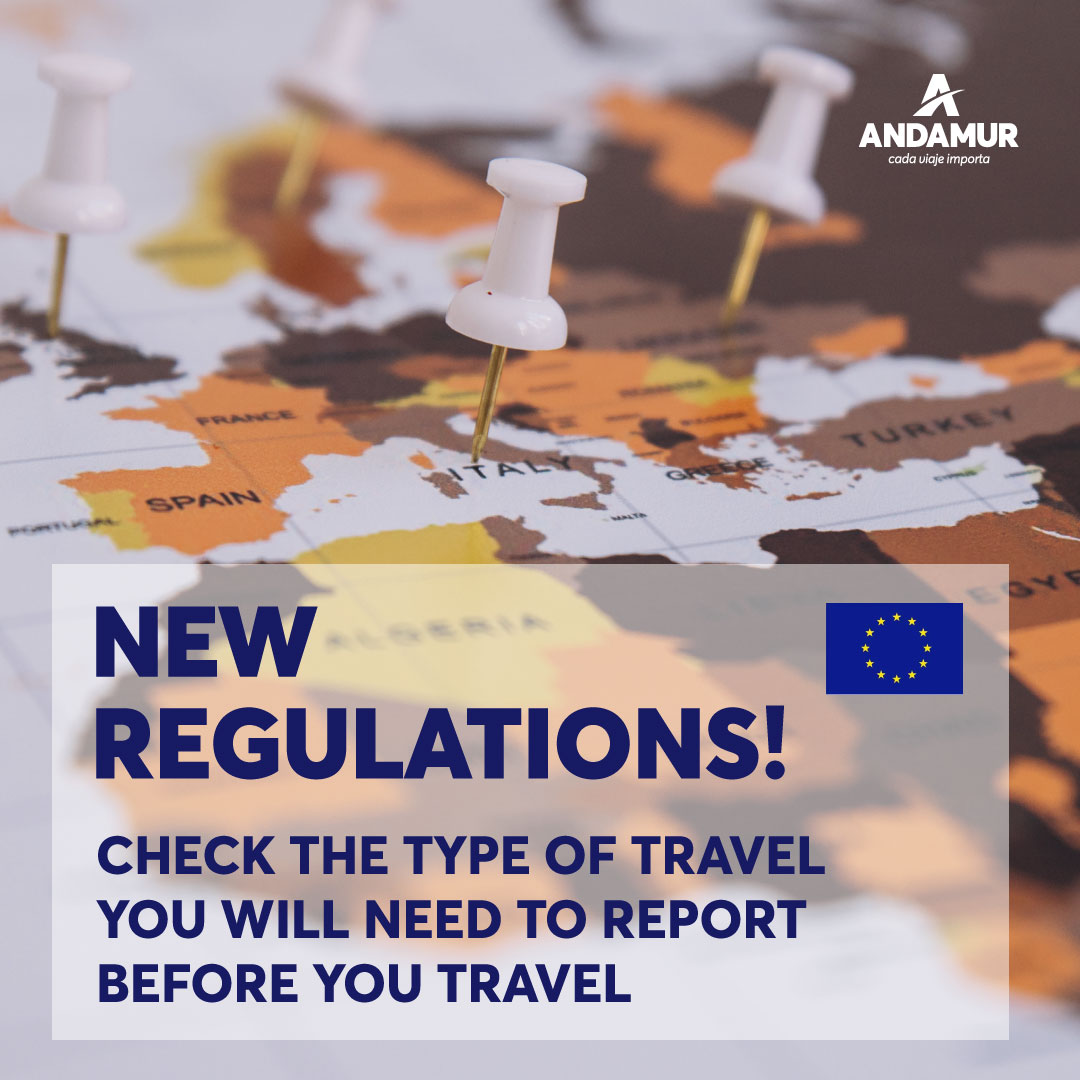
On February 2, new European Union regulations on the movement of drivers came into force. These regulations state that road transport operators that conduct international trips are obliged to declare their drivers trips in advance.
The declarations of the trips are completed using an online portal developed by the European Commission where road transport operators must create an account. The platform is called Road Transport – Posting Declaration and the road transport operator must upload the declaration of the drivers trip and other documents required by the authorities of the territories where the driver is going to, (proof of remuneration during the trip, payment of wages, driver’s hours records, employment contract, etc.). Companies have eight weeks from their application to submit the required documents.
With the introduction of this new regulation, it is important to know when a driver conducts a trip, and whether this declaration is required.
What is considered a trip?
A trip by the driver occurs when operations are conducted between EU member countries, as long as they are not the country in which the road transport operator is established:
- Cross trade. Transport operations between two countries other than the country in which the road transport operator is established, or between an EU member state and a third country. For example, if a Spanish company conducts international transport between France and Poland, or if it conducts international transport between France and Russia.
- Temporary national transport operations conducted by a road transport operator from an EU member state, in the territory of another EU member state.
What is not considered a trip?
You do not have to declare a trip in the following cases:
- Bilateral transport operations. The country of loading or unloading of the cargo is the state in which the road transport operator is established. For example, if a Spanish company loads or unloads cargo in Spain.
- Transit operations through the territory of an EU member state, without conducting any loading or unloading activity. For example, a Spanish road transport operator carries out a movement from France to Poland, crossing through Germany, but not carrying out any operation within German territory.
- In the initial or final leg of a combined transport operation.
- In bilateral transport operations, if when crossing a transit country, it is loaded or unloaded, but not loaded or unloaded in the same country (the transit country). For example, when a Spanish road transport operator loads cargo in Spain destined for Germany and when passing through France, it unloads, continuing the trip without carrying out any internal transport in this country.
With this new regulation, the platforms of the countries in which this declaration previously had to be made, such as France, Germany, or Belgium, will disappear, allowing better control of movements throughout Europe.




